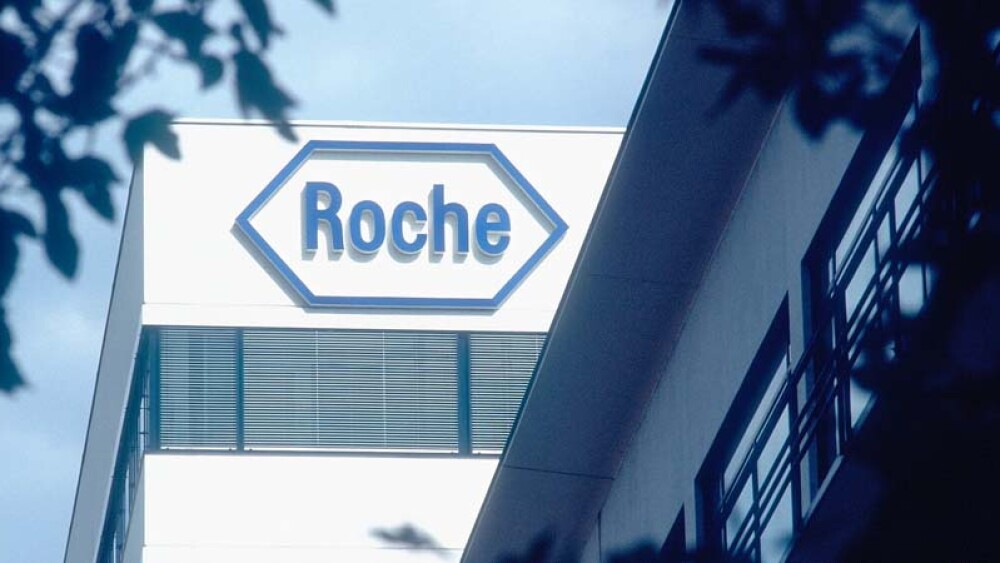February 8, 2017
By Mark Terry, BioSpace.com Breaking News Staff
Switzerland-based Roche , the parent company of Genentech , announced that it plans to expand its manufacturing capacity for biologics. At the same time, it is in the process of downsizing its small molecule network.
The company hasn’t disclosed what its manufacturing capacity is, but it believes it’s the largest in the industry. “We do not disclose the capacity at our sites,” Patrick Barth, a Roche spokesman said in a statement. “However, we can confirm that Roche has the largest biologics manufacturing capacity across the industry.”
Its network includes manufacturing sites in Basel/Kaiseraugst, Switzerland, and Pensberg and Mannheim, Germany. Genentech has facilities in San Francisco, Oceanside, and Vacaville, California, Hillsboro, Oregon, and a site in Singapore. Its Japanese subsidiary, Chugai Pharmaceuticals, has 49,000 liters of capacity in Tokyo.
The scale up has been ongoing. In 2013, Roche indicated it was investing $804 million in its in-house biologics manufacturing network. In 2015, it reported that it was increasing capacity by another 40 percent. In its annual investors report held last week, Daniel O’Day, the chief executive officer of Roche Pharmaceuticals, indicated that it planned to continue to invest in its manufacturing capacity because it is “essential to the growth of [its] medicines in the future, most of which are biologics.”
Just last week, on February 1, Patheon NV announced it had acquired a manufacturing facility in Florence, South Carolina from Roche. That site has 300,000 square feet, with capacity to manufacture active pharmaceutical ingredients (API) ranging from development to manufacturing services. Patheon plans for the site, which will feature bioreactors ranging from 50-11,000 liters, to be its flagship U.S. API operation for commercial scale and mid-scale API production.
Barth, as reported by Biopharma-Reporter, said, “We are in the process to exit four manufacturing sites to address underutilization across the sites that support our mature portfolio based on small molecules.” Besides the Patheon site, locations in Spain, Italy and Clarecastle, Ireland have already initiated shutdown.
On February 1, the company released its annual financial figures. The company’s sales increased by 4 percent at constant exchange rates and 5 percent in Swiss francs. Its Pharmaceuticals Division sales rose 3 percent, driven by oncology drugs Perjeta, Herceptin and Actemra/RoActemra. Its Diagnostics Division sales grew 7 percent.
In the last year, the company launched four new drugs, and five therapeutics were granted breakthrough therapy designations by the U.S. Food and Drug Administration.
“I am pleased that we have again reached all our financial targets while our product portfolio has made significant progress,” Severin Schwan, Roche’s chief executive officer, said in a statement. “We brought four new medicines to market in less than a year, including our first cancer immunotherapy Tecentriq. In Diagnostics, we launched an immunodiagnostic instrument, the cobas e 801, which represents a major step forward in realizing the connected laboratory. We again look forward to a number of important clinical read-outs and regulatory milestones for Roche medicines this year, reflecting our broad and innovative product pipeline.”
When asked about President Trump’s statements regarding the need for dropping drug prices, Schwan said, “We focus on truly differentiated medicines—medicines which make a real difference for patients. I have no doubt whatsoever that there will be continued demand for such solutions, and particularly the U.S., I’m convinced, will reward this kind of innovation.”
In that 47 percent of Roche’s pharmaceutical sales come from the U.S., and 26 percent of its diagnostics tools are sold in North America, the company undoubtedly hopes it won’t get slammed by any White House changes.





